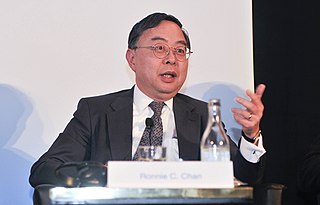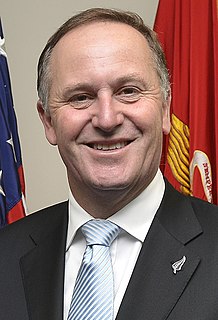A Quote by George Osborne
Just as it wouldn't be right to only to have an economic dialogue with China, equally you shouldn't restrict your dialogue solely to issues around, say, human rights. You can raise all those issues, and that is what reflects a mature discussion. So I don't think essentially we have to choose between being partners in China's economic development and being proud defenders of British values.
Related Quotes
For all the tough talk about China during the presidential debates, Romney and Obama evaded any mention of China's suspect human rights record, corruption, and rule of law.
By not tackling these controversial topics, the candidates are protecting a strategic partnership with China at the expense of essential human values and beliefs.
For all the tough talk about China during the presidential debates, Romney and Obama evaded any mention of China's suspect human rights record, corruption, and rule of law. By not tackling these controversial topics, the candidates are protecting a strategic partnership with China at the expense of essential human values and beliefs.































